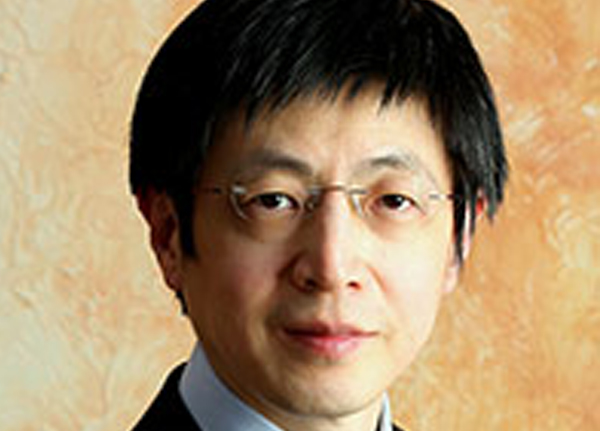Jin-Soo Kim
Biography
Jin-Soo Kim is an entrepreneur and chemist-turned-biologist. He graduated from Seoul National University in 1987 with a major in chemistry. He then earned a master’s degree in chemistry from Seoul National University in 1989 and a Ph.D. in biochemistry from the University of Wisconsin-Madison in 1994. After postdoctoral training at Howard Hughes Medical Institute/Massachusetts Institute of Technology, he came back to Seoul in 1997 to serve as Principal Investigator at Samsung Biomedical Research Institute. He co-founded a biotechnology company, ToolGen, Inc., focused on zinc finger technology in 1999, and served as CEO and CSO for the subsequent 6 years. He joined the faculty of the Department of Chemistry at Seoul National University in 2005. He now serves as Director of Center for Genome Engineering at Institute for Basic Science. He has published over 60 articles and filed 20 patent applications, mostly in the field of gene regulation and genome editing. He has been a member of Faculty of 1000 since May, 2013.
Throughout his independent scientific career, Jin-Soo Kim has been developing tools for genome editing, a method now used widely in biomedical research, biotechnology, and medicine. Genome editing enables genetic studies in model organisms and cell lines and gene correction in stem and somatic cells for the treatment of both genetic and acquired diseases. Furthermore, genome editing can be used to create value-added crops, livestock, fish, poultry, and pets. The broad interest in this rapidly evolving and expanding technology among researchers is highlighted by the choice of genome editing as the Method of the Year 2011 by Nature Methods and as the Breakthrough of the Year runner-up by Science in 2013. Genome editing in cultured cells, animals, and plants is catalyzed by programmable nucleases that cleave chromosomal DNA in a targeted manner. The Kim group has developed and improved three different types of programmable nucleases, namely, zinc finger nucleases (ZFNs), TAL effector nucleases (TALENs), and RNA-guided engineered nucleases (RGENs) derived from CRISPR/Cas, an adaptive immune system in prokaryotes. These tools are now used for genome editing in human stem cells, model organisms, livestock, and plants in thousands of labs all around the world.
The Kim group now focuses on target identification and validation for drug discovery using genome-scale collections of TALENs and RGENs and on gene correction in human pluripotent stem cells for the treatment of genetic disorders. He also collaborates with animal scientists to develop genome-engineered pigs appropriate for organ transplantation and with plant scientists to create value-added crops.

